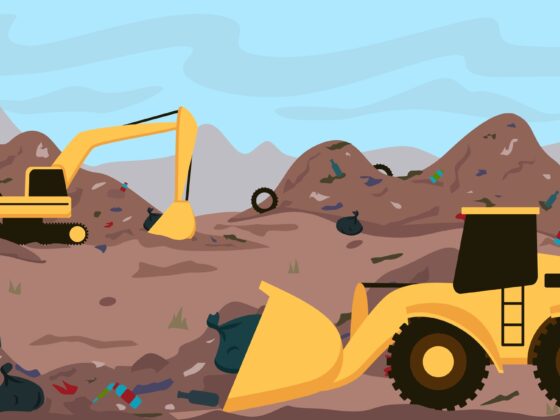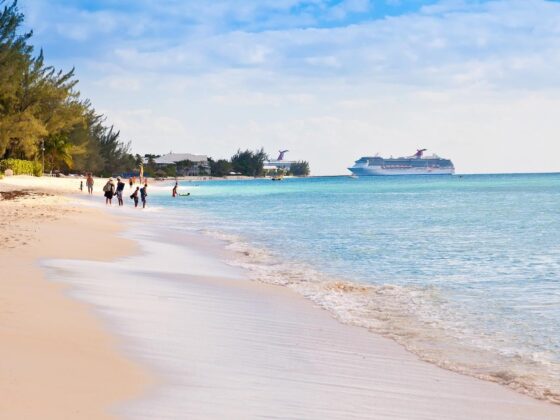Cayman Islands Sustainability Minister Katherine Ebanks-Wilks pledges waste management solution on World Environment Day 2025. George Town landfill crisis reaches 130,000 tons annually. Analysis of government response, technology options, and community impact.
Circular Economy in the Cayman Islands
The circular economy constitutes a fundamental change in how societies manage consumption and waste. Rather than the traditional “take, make, dispose” approach, it focuses on waste reduction, material reuse, and resource recycling to establish sustainable systems. For the Cayman Islands, where landfill capacity is constrained and environmental pressures are increasing, adopting circular-economy practices offers a path to greater resilience and long-term sustainability.
In practice, a circular economy in the Cayman Islands means rethinking waste management, encouraging recycling, and promoting business models that prioritize efficiency and reuse. It also involves community awareness, policy support, and private sector innovation to ensure resources are used responsibly.
This page gathers articles and insights on how the Cayman Islands is embracing the circular economy. From waste reduction strategies and policy updates to innovation in green technology, these resources provide a comprehensive view of how Cayman can transition toward a cleaner, more sustainable future.
Why the Circular Economy Matters in the Cayman Islands
Waste management has long been one of Cayman’s greatest challenges. The George Town landfill, often referred to as “Mount Trashmore,” highlights the urgency of finding better solutions. A circular economy reduces pressure on the landfill by keeping materials in use for as long as possible.
Economically, the circular economy creates opportunities. Recycling and reuse industries can generate jobs, while businesses that design products for longevity reduce costs and dependence on imports. For Cayman, which imports nearly all goods, extending product lifecycles offers significant savings.
Environmentally, the benefits are clear. A circular system minimizes pollution, reduces carbon emissions from waste, and protects biodiversity by limiting habitat destruction. It also supports resilience by ensuring the community has sustainable access to resources.
The shift toward a circular economy is not just about waste—it is about redesigning systems to protect Cayman’s environment, support its economy, and prepare for future challenges.
Related Articles on the Circular Economy
Discover the groundbreaking Cayman Islands Climate Change Policy 2024-2050. Learn about key initiatives, goals, and strategies for a sustainable future in this comprehensive guide.
The Circular Economy and the Cayman Islands’ Sustainability Goals
The circular economy is central to achieving sustainability in the Cayman Islands. By linking waste reduction with renewable energy, water management, and biodiversity protection, circular practices create systems that are efficient and resilient.
For example, composting reduces organic waste in the landfill while improving soil health. Recycling plastics and metals reduces pollution and supports resource independence. Encouraging businesses to adopt sustainable design reduces both costs and environmental impact.
By integrating these practices into wider sustainability policies, the Cayman Islands can turn waste into opportunity. A circular economy ensures that environmental stewardship and economic resilience go hand in hand.


